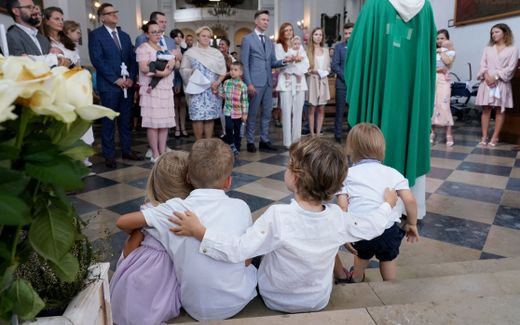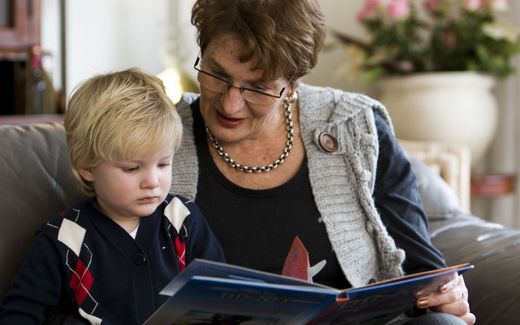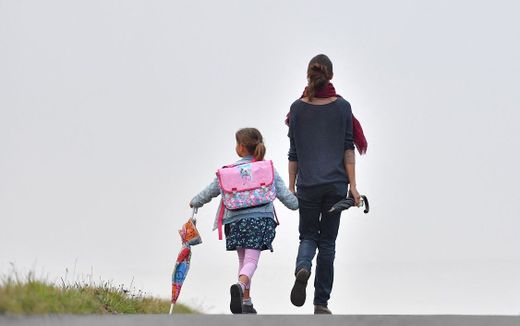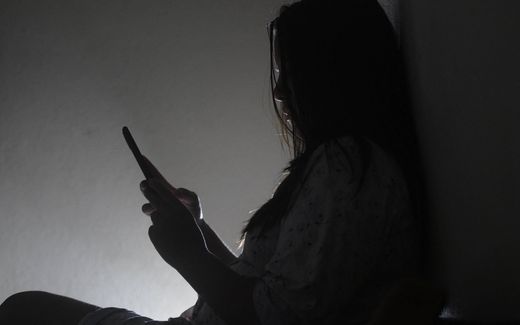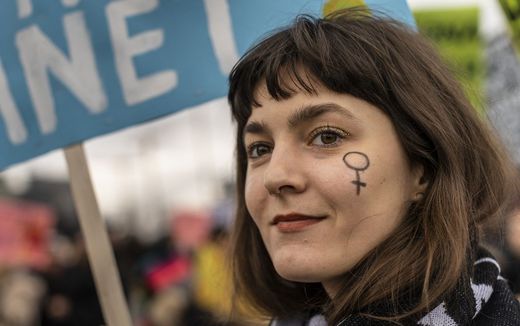How to deal with the faith in foster care
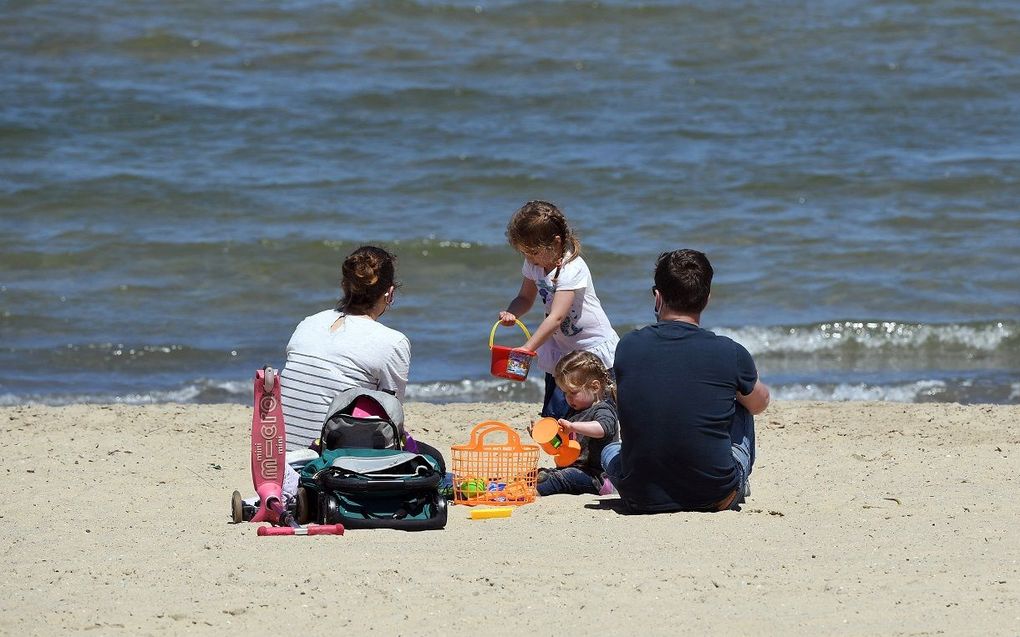
Photo AFP, William West
Western Europe
Most foster families in the Netherlands are Christian. Yet they do not only get Christian children. How do you deal with that?
About two-thirds of foster parents in the Netherlands are Christian, according to research by the Dutch Christian daily Nederlands Dagblad among seven foster care organisations. When a foster child with a different religion was placed in these foster homes, more than half came from an agnostic or non-religious background, and a third had an Islamic background. Hindu children also regularly enter these families.
In almost all these Christian families, the foster children participate in the family's religious practices, such as church attendance, prayers and Bible reading. Some children also had themselves baptised. Because this differs from what the children are taught at home, it can cause conflicts, writes the Dutch newspaper. "My nine-year-old Muslim foster daughter recently cried out not wanting to go to church with me on Sunday mornings,' foster mother Jolanda Breman tells us. 'I also notice that she is increasingly concerned with Islam: for instance, she asks if the food is halal or tells me that her mother prays five times a day."
According to an expert quoted, this is how children acquire two identities. "In practice, there is often more focus on the religion of the foster parents because that is where the child is more often. This imbalance can cause foster children in their teens to suffer from internal conflicts such as guilt, shame, stress and insecurity, as they may feel they have to choose sides between the foster family and parents or don't know where they belong. But the child may also be rejected by the religious birth group because they do not conform to customs."
Yet it is not always the best solution to place a child in a family with the same religion. This is not always possible either, as there are shortages among Muslim foster families in particular. It is essential to look at a child's needs, argues anthropologist Brenda Bartelink. "Foster parents are often unaware of these struggles of a foster child or do not know how to deal with them. It is essential to emphasise that your foster child is allowed to explore what they want to believe in and, above all, doesn't have to do anything. In addition, the conversation does not have to be fraught and grand. This conversation with your foster child can also be daily, especially in a Christian foster family where faith is discussed daily."
Related Articles


